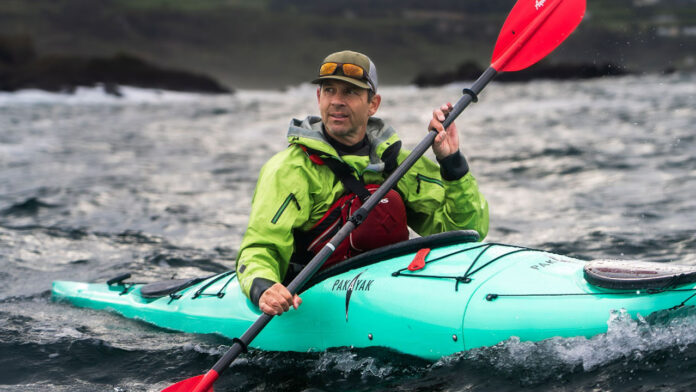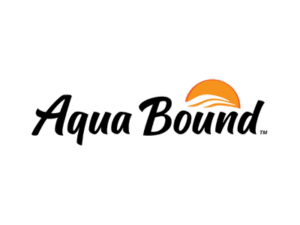In this article we're diving into one of the biggest questions in the world of kayaking: how to choose the right kayak. While it might seem daunting at first with so many types of kayaks available, I promise it's easier than you think once you understand your own needs and the different kayak options.
Special thanks to PaddleWays for their support and for providing excellent resources for paddlers. Check out their app to help locate and plan for your next river adventure.
Why Choosing the Right Kayak Matters
Selecting the wrong kayak can lead to unsafe, uncomfortable, or just plain unfun experiences on the water. The right kayak, however, can open up a world of enjoyable paddling adventures. So, let’s break down the key factors you need to consider.
Types of Kayaks
First, let’s look at the various types of kayaks available:
Sit-on-top Kayaks
Great for stability and ease of re-entry. Ideal for warm climates and calm waters. Check out the Perception Hangtime 11 Review.
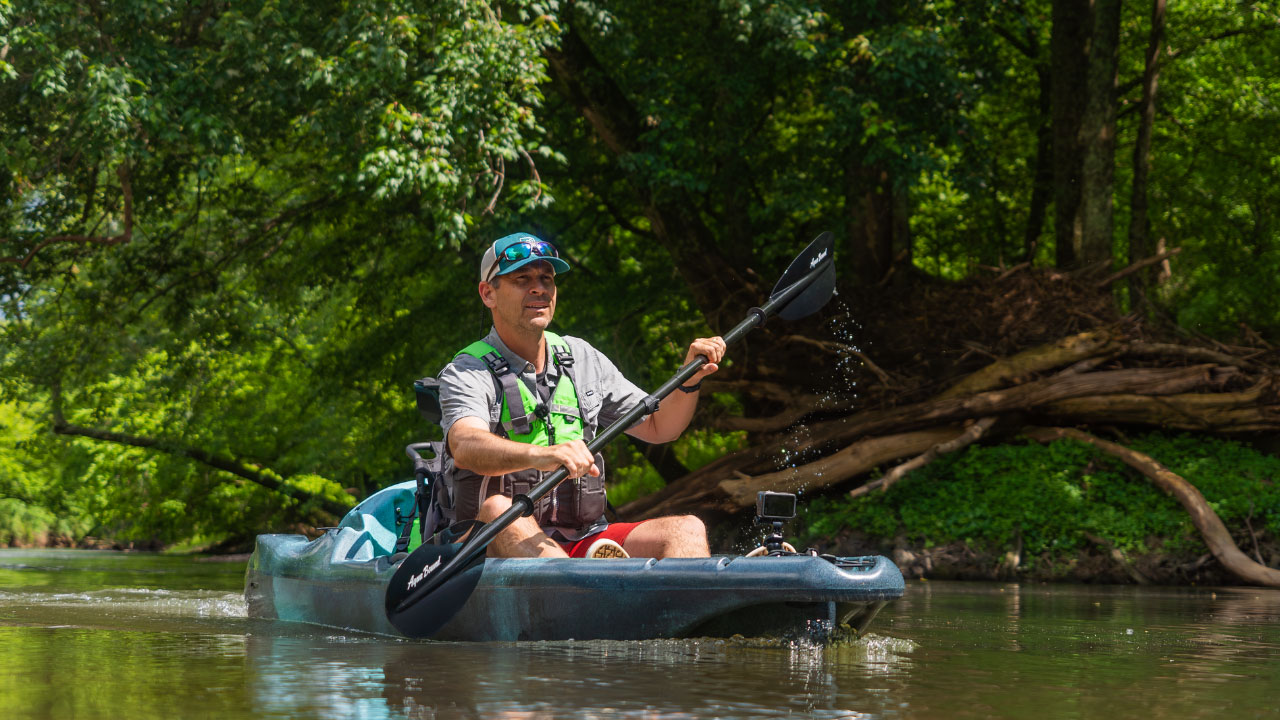
Sit-inside Kayaks
Better for colder environments and rougher waters, offering more control and protection from the elements. Check out the Advanced Elements Expedition Elite Kayak Review.
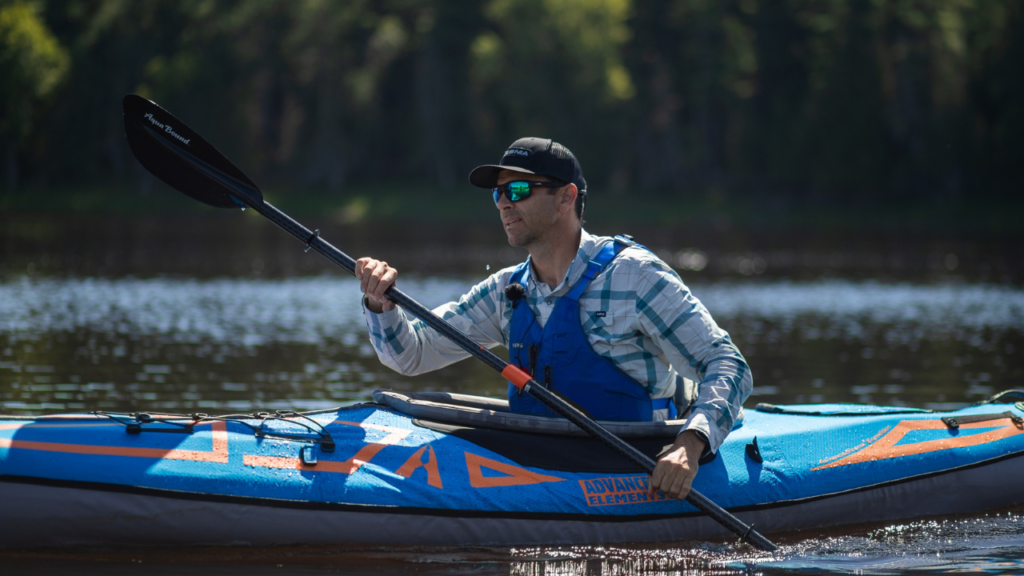
Recreational Kayaks
Best for casual paddling on flat water. Check out the Native Watercraft Falcon 11 Kayak review.
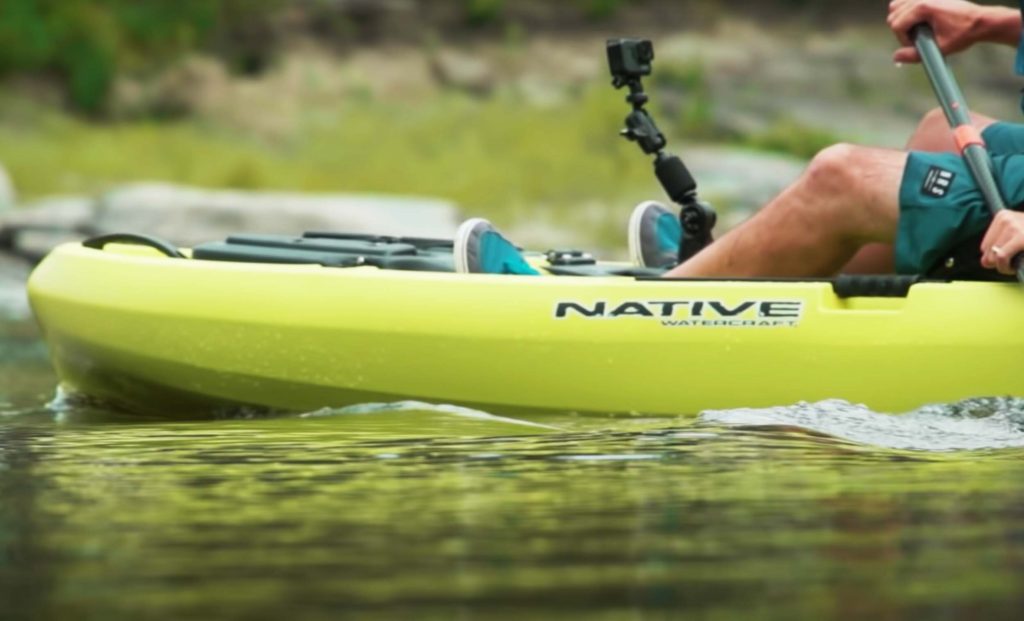
Touring/Sea Kayaks
Designed for longer distances and open water. Read this article about sea kayaking in Ireland using the P&H Scorpio sea kayak.
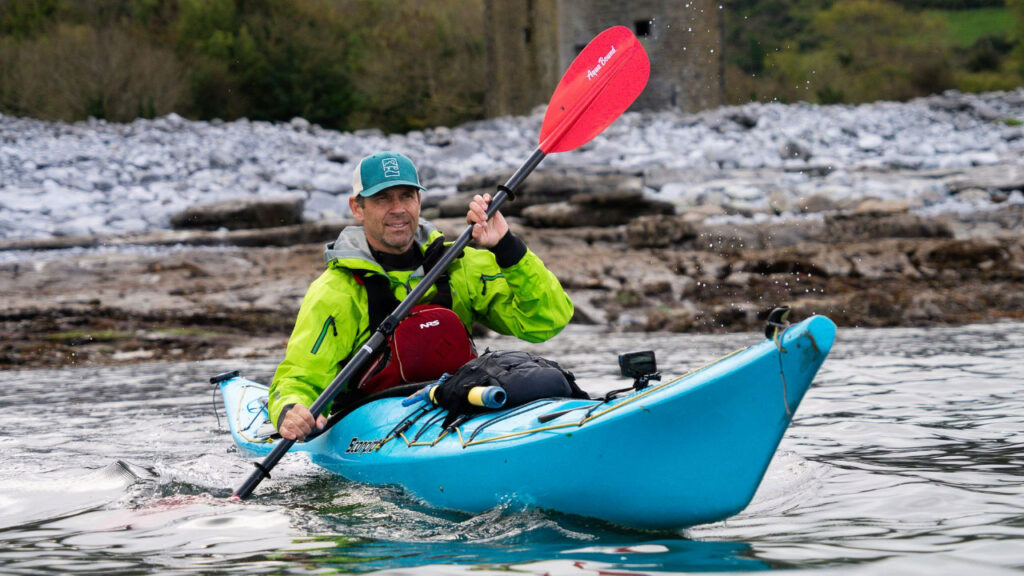
Whitewater Kayaks
Built for navigating rapids or having fun. Check out the review of the Jackson Kayak Rockstar V.
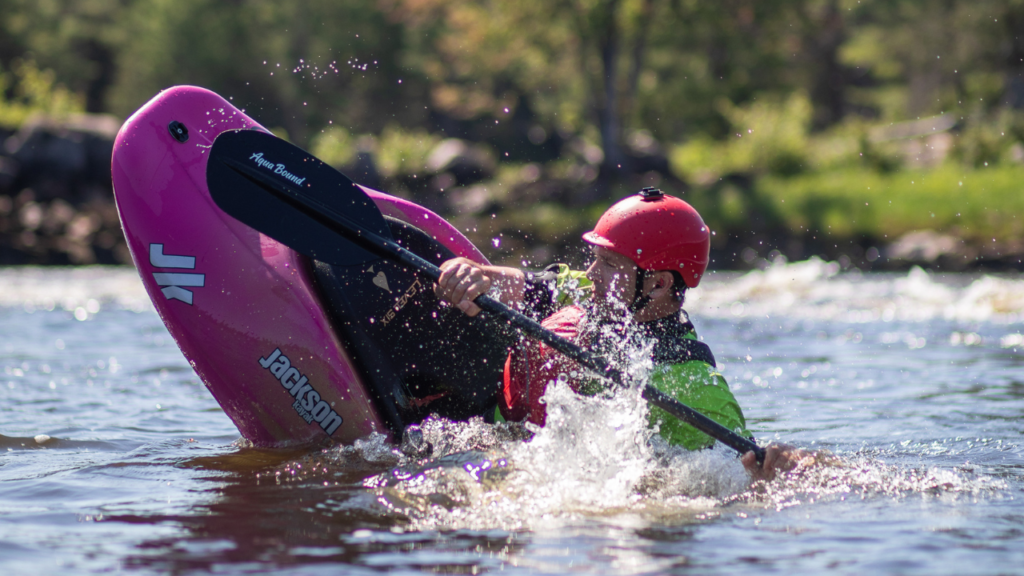
Portable Kayaks
Includes folding, inflatable, and modular kayaks, perfect for those with limited storage or transportation options. Check out the review of the Pakayak Bluefin 142.
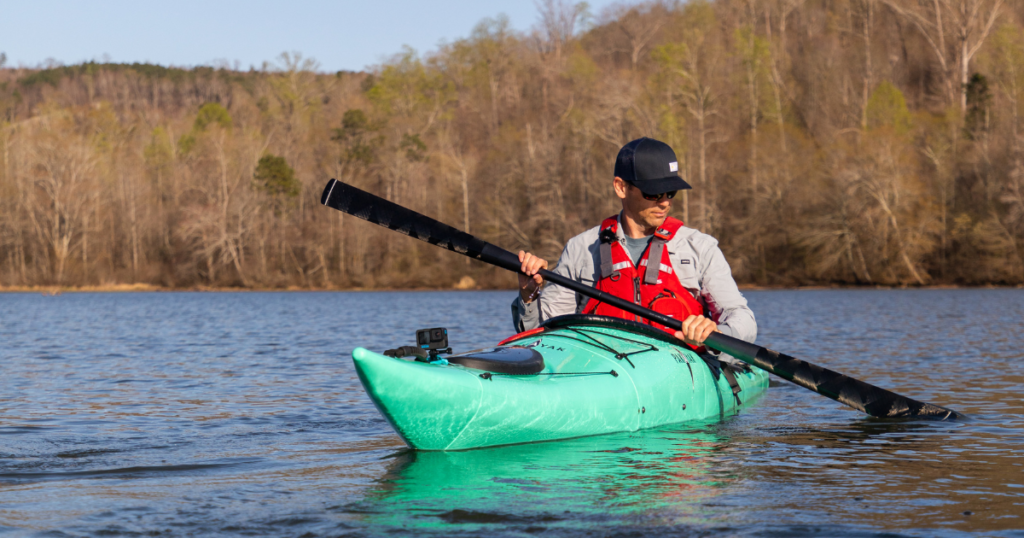
Fishing Kayaks
Equipped with features specific to angling. Check out this review of the Sea Eagle 385 FastTrack Fishing Kayak.
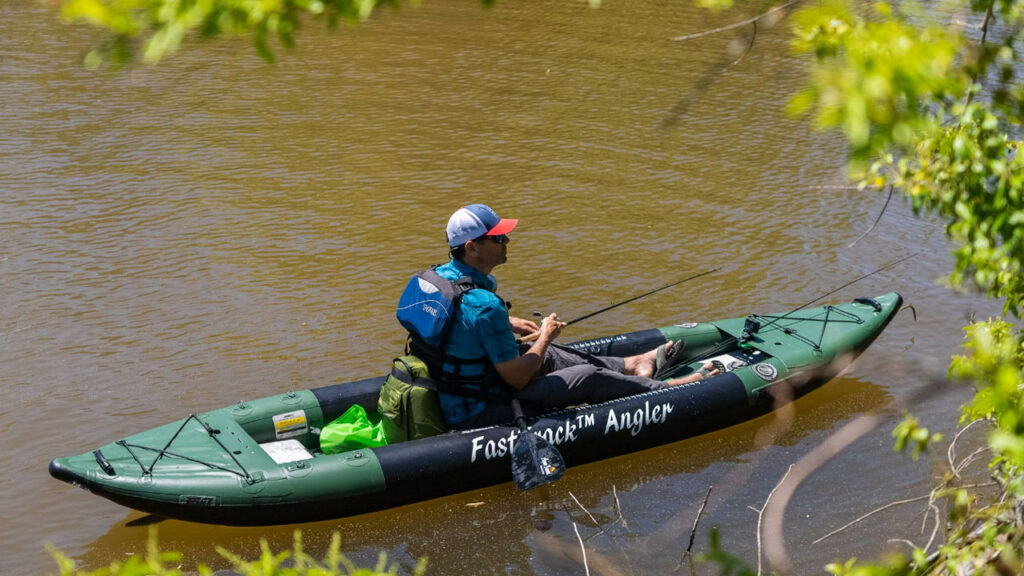
Tandem Kayaks
For paddling with a partner. Check out these Tandem Kayak Tips to stay together in the same boat!
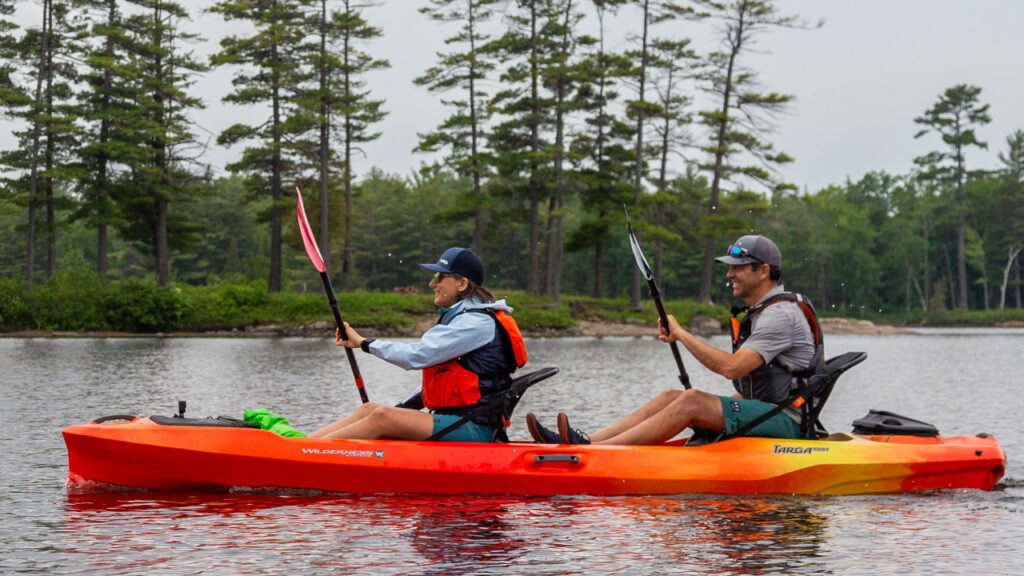
Pedal Kayaks
Allow for hands-free movement, popular among anglers and photographers. Check out the review of the Perception Showdown 11.5 pedal fishing kayak.
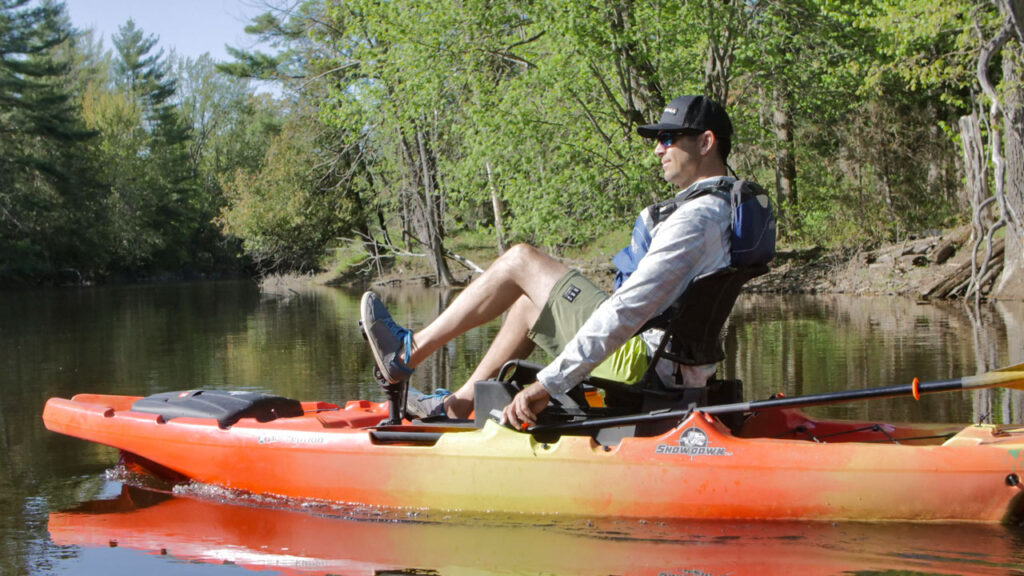
Composite and Plastic Kayaks
Varying in weight, durability, and cost. Check out the P&H Volan 160 review, this sea kayak is make with carbon and kevlar.
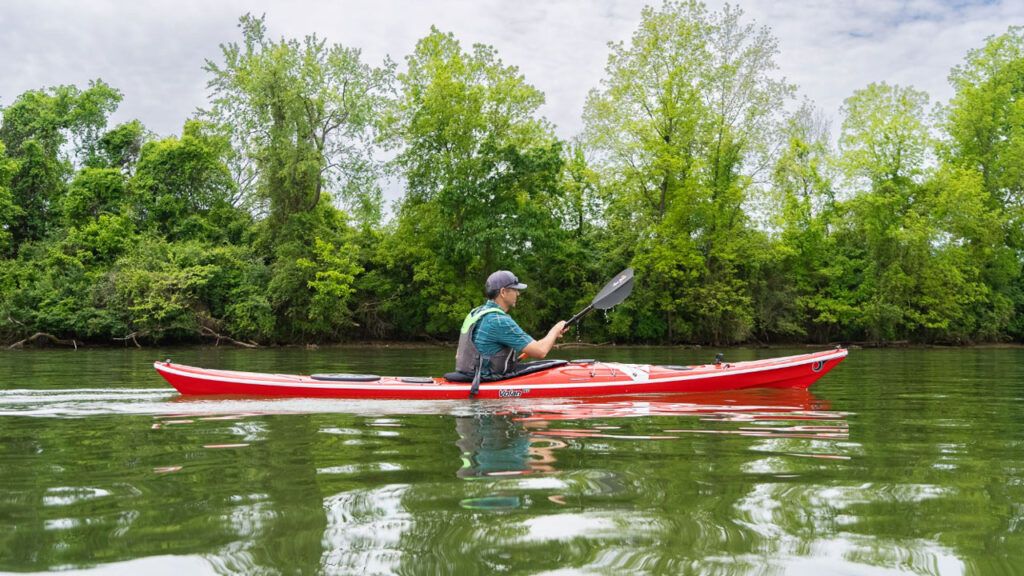
Key Considerations
- Type of Paddling
The first question to ask yourself is what type of paddling you plan to do. For flat water like ponds or small lakes, any kayak will suffice. However, if you plan to paddle in more challenging conditions like rivers with currents or open water with waves, you’ll need a kayak suited to those environments. - Water Conditions
For use on flat water, any kayak will do. If you're paddling in water that is rough, or can get rough if the wind picks up, you need a kayak that can handle rough water. Sit-on-top kayaks are excellent for mild rough water since they can’t swamp, and if flipped, are easy to re-enter. Sit-inside kayaks need to be able to accept a skirt and they need to have bulkheads to handle rougher waters and provide safety and stability. Bulkheads are walls inside the kayak that separate the boat into separate compartments, so that the entire kayak won't get swamped with water in the case of a capsize. - Portability
If storage and transport are issues, a portable kayak might be for you. These come in several forms, including inflatables and folding kayaks, which are great for travel but may sacrifice some performance and durability. - Material and Weight
The material of the kayak affects both weight and durability. Plastic kayaks, especially rotomolded ones, are incredibly durable but heavier. Thermoformed plastic kayaks are lighter and stiffer but less durable. Composite kayaks, like those made from fiberglass, kevlar, and carbon fiber, offer the best performance and the lightest weight options, but at a higher cost. They also need to be treated with more care than rotomolded plastic kayaks.
Kayak Preferences:
Stability vs. Speed
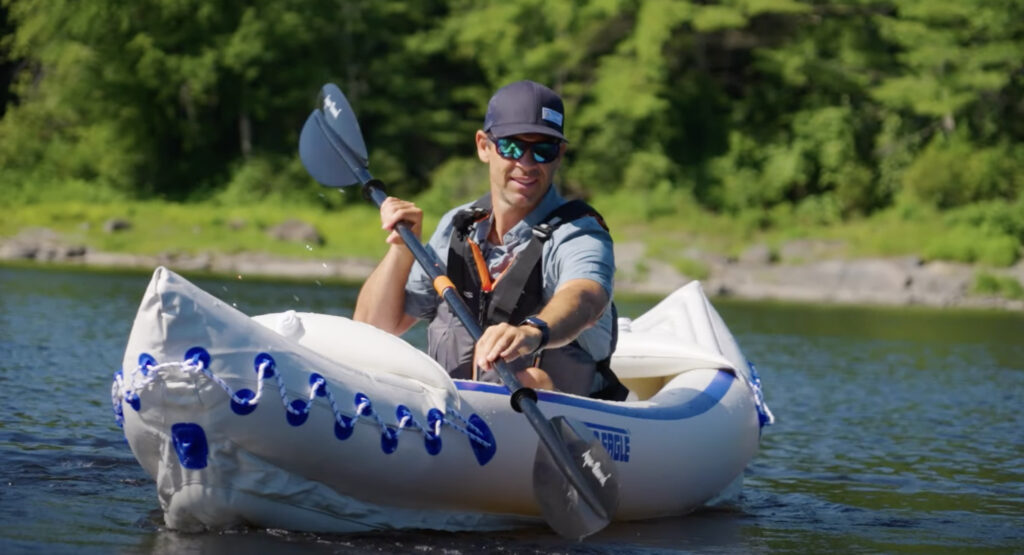
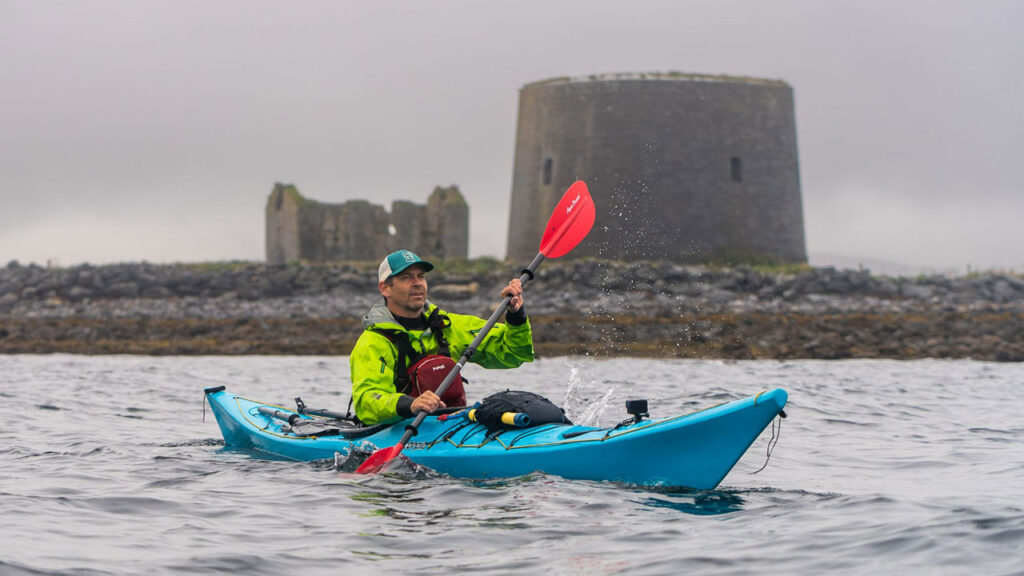
- Length: Longer kayaks are faster, while shorter ones are more maneuverable.
- Width: Wider kayaks are more stable but slower.
- Rocker: More rocker means better maneuverability, less rocker means better tracking.
- Hull Design: Impacts both stability and speed, with different designs better suited for different paddling styles.
Sit-on-Top vs. Sit-Inside Kayaks
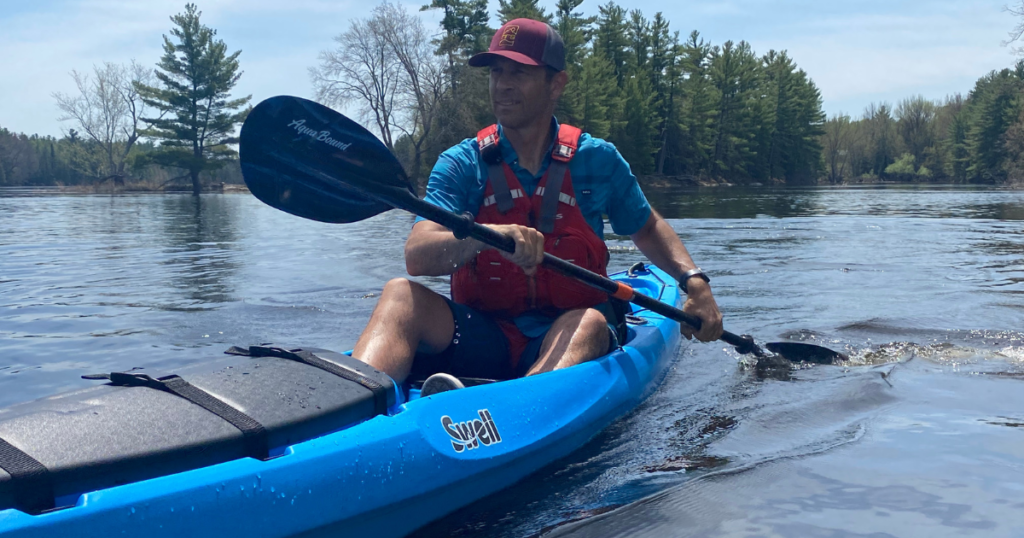
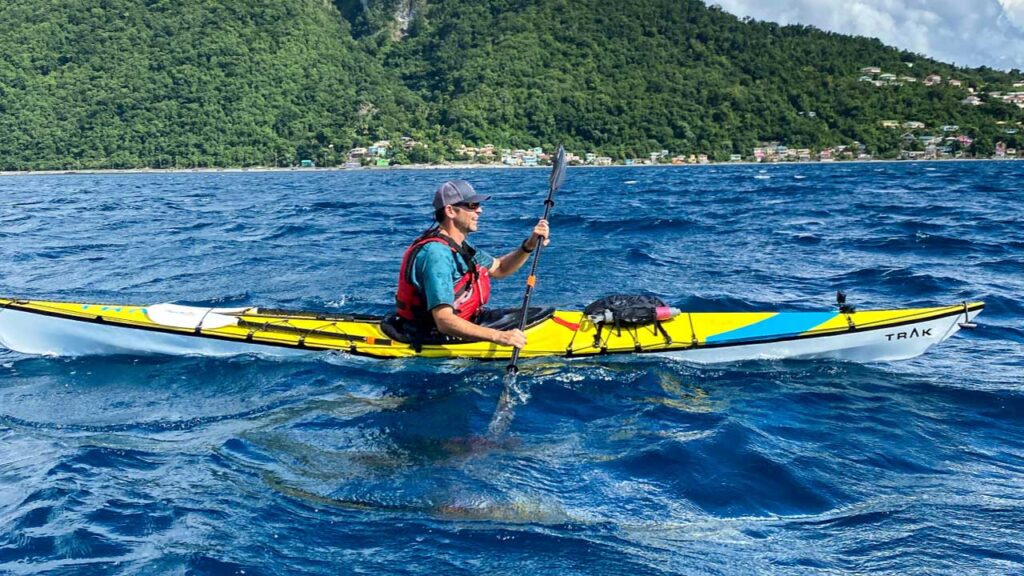
- Sit-on-Top: More stable and accessible, but slower and you’ll likely get wet.
- Sit-Inside: Faster and better control, offers protection from the elements, but harder to re-enter if flipped.
Tandem vs. Single Kayaks
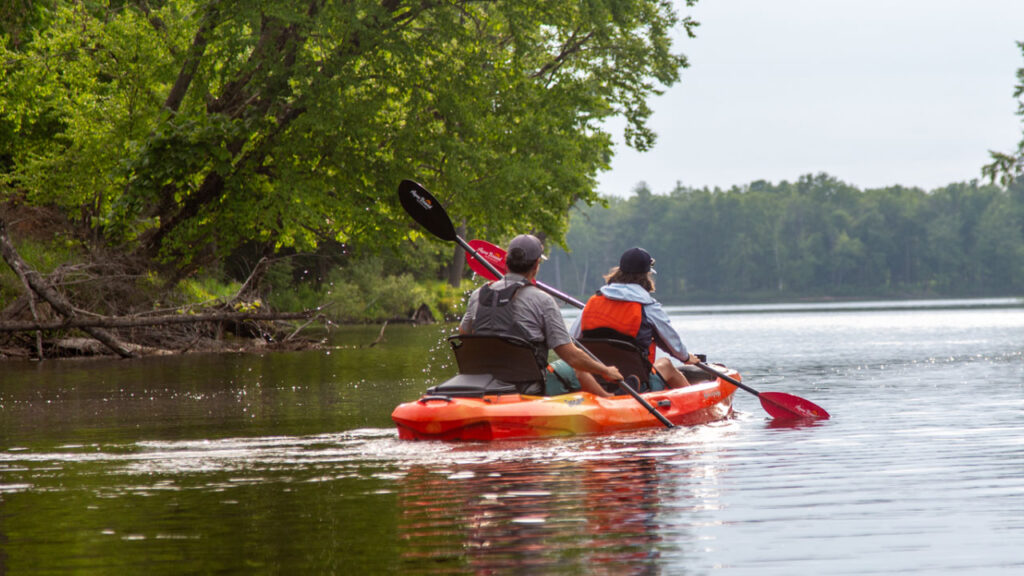
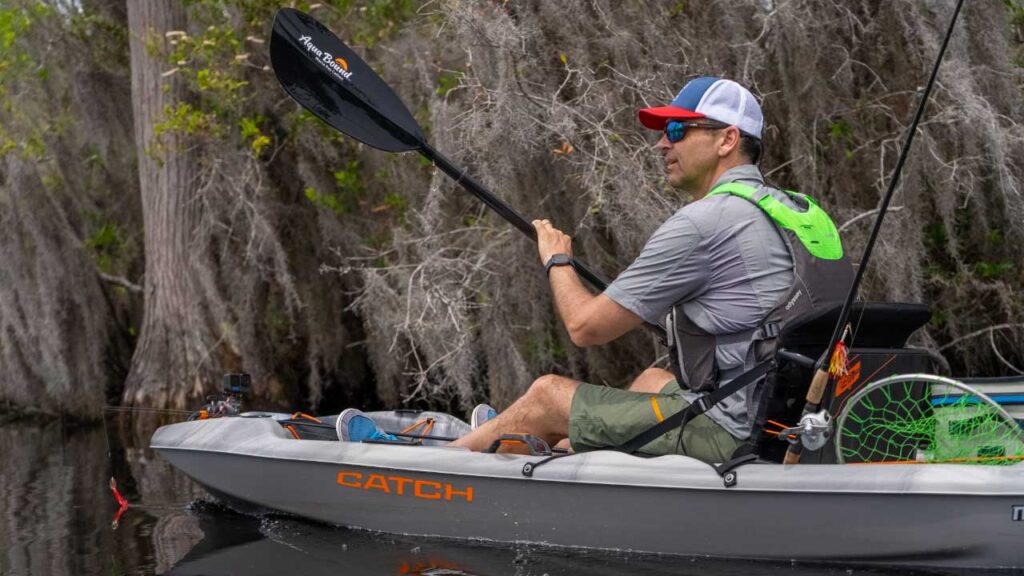
- Tandem Kayaks: Faster with two paddlers and great for shared experiences, but less maneuverable and you need to coordinate well with your partner.
- Single Kayaks: Offer more freedom and maneuverability, perfect for solo adventures.
Pedal vs. Paddle Kayaks
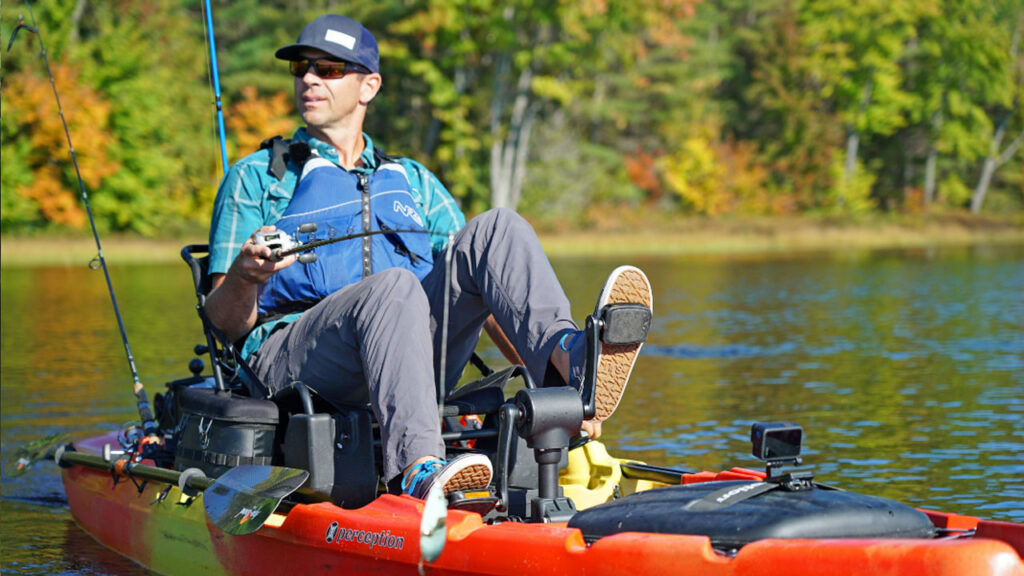
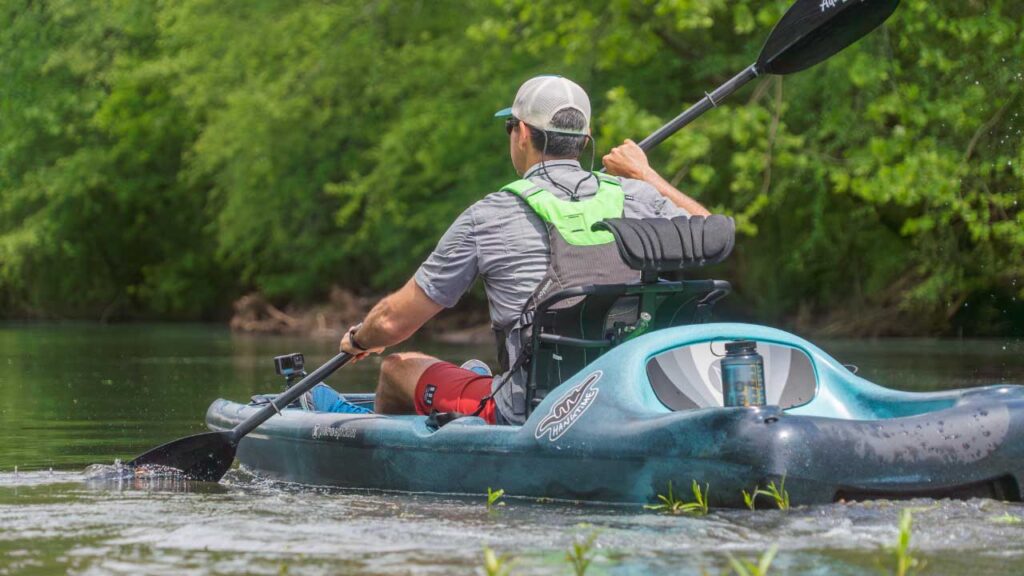
- Pedal Kayaks: Faster and hands-free, great for fishing and photography, but pricier, heavier, and not suitable for very shallow waters.
- Paddle Kayaks: More traditional and versatile, lighter, and less expensive.
Additional Considerations
Think about whether you plan to go camping, bring your dog, or need extra storage space. Hybrid boats like packboats and packrafts offer unique benefits for specific needs, blending features of kayaks, canoes, and rafts.
Final Advice
Visit a specialty paddle sports retailer to ask questions and test out kayaks. Your perfect kayak awaits, and getting it right will ensure a safe, comfortable, and enjoyable paddling experience.
Special thanks to PaddleWays for their support and for providing excellent resources for paddlers. Check out their app to help locate and plan for your next river adventure.
Stay tuned for more paddling tips, gear reviews, and adventures. Don't forget to subscribe and hit the notification bell so you don't miss out on any future content.
Happy paddling!
Ken Whiting
For more about my paddling adventures and tips, visit my blog articles on In4Adventure, watch me on Facing Waves TV episodes, or subscribe to my YouTube Channel PaddleTV.



